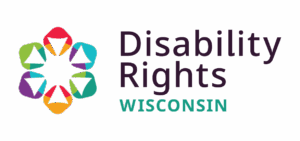Case Acceptance Criteria
Our Protection and Advocacy programs have multiple factors for determining to what extent we can offer services based on the issue and person's situation. Below is a list of criteria that provides guidance to the advocacy teams in making those determinations:
- Relevance to our Areas of Focus
- Likelihood that the case will impact a larger group of people or provide DRW with an inroad into an area/issue previously identified as difficult to address.
- Relative strength of the individual’s claim.
- Membership in a group, and/or area of the state identified as underserved by DRW.
- Availability and effectiveness of alternative mechanisms, remedies or other advocacy resources – either paid or volunteer. DRW will generally not provide services where a court-appointed advocate is available or the individual has access to other legal advocacy resources. However, in such circumstances DRW may provide back-up or support. Exceptions may be made where the non-DRW advocate takes a position contrary to the client’s interest, or requires advocacy assistance on an issue of broad importance.
- Inability of the individual, family, friend or other interested person to self advocate.
- Social or economic factors which increase the individual’s vulnerability, such as ethnic or minority status.
- Immediacy, severity and/or long-term effect of the harm to the individual.
- Availability of financial and staff resources.
- Likelihood that the individual will suffer or is at risk of abuse, neglect or inhumane conditions if DRW does not undertake the case.
